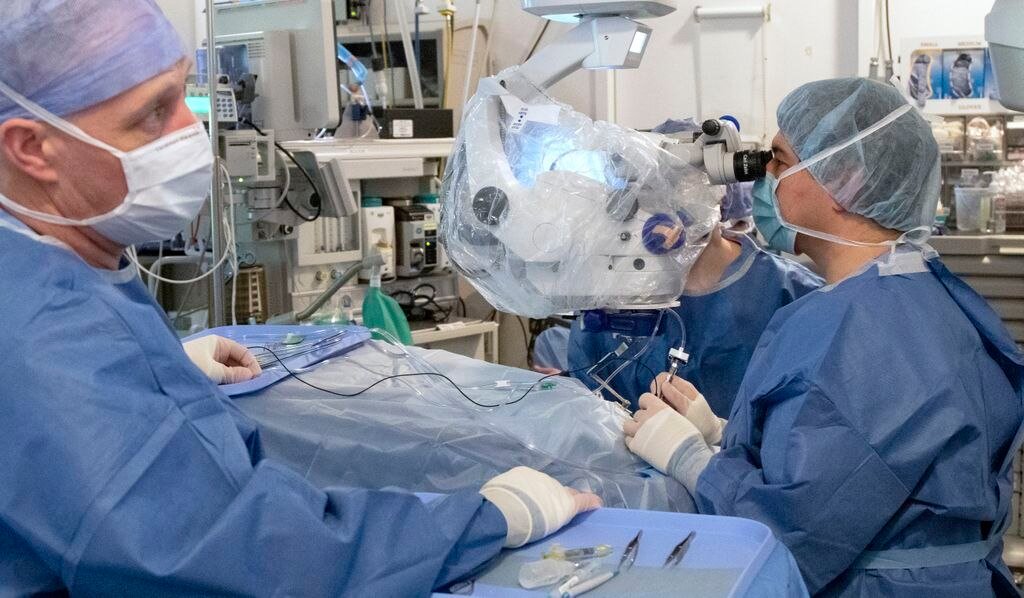In the fascinating realm of science and medicine, microorganisms—often thought of merely as agents of disease—are proving to be powerful allies in shaping the future of healthcare. These tiny entities, which include bacteria, viruses, fungi, and protozoa, are unlocking new frontiers in treatment and prevention, from fighting infections to revolutionizing genetic research. Here’s a deep dive into eight transformative ways microorganisms are redefining the future of medicine.
Microbiome Therapy for Disease Prevention

The human microbiome, a community of trillions of microorganisms residing mainly in the gut, plays a crucial role in health and disease. Recent advances indicate that manipulating this microbiome can prevent or treat diseases. For instance, “fecal microbiota transplantation” has shown promise in treating recurrent Clostridium difficile infections. By introducing healthy bacteria, these transplants help restore balance and improve gut health, showcasing a potent avenue for preventing infectious and chronic diseases.
Bacterial Factories for Drug Production

Innovative biotechnological methods are harnessing bacteria as bio-factories for drug production. Genetic engineering of microorganisms like E. coli allows them to produce complex drugs such as insulin or even more advanced therapeutics like monoclonal antibodies. This microbial approach to drug manufacturing is not only cost-effective but also capable of producing medicines on a scale necessary to meet global demand.
Phage Therapy: The Weapon Against Antibiotic Resistance

With antibiotic resistance becoming a critical global health threat, phage therapy is re-emerging as a potential solution. Bacteriophages, or phages, are viruses that specifically infect bacteria. Tailored phage therapy can target antibiotic-resistant bacteria, providing a personalized and eco-friendly alternative to traditional antibiotics. Long forgotten, phages are now proving to be invaluable allies in our fight against superbugs.
CRISPR and Gene Editing: The Microbial Contribution

The revolutionary CRISPR-Cas9 gene-editing technology, derived from a bacterial immune system, enables precise modifications to genetic material. This has not only accelerated research in genetic diseases but also spurred new treatments and therapies, including potential cures for inheritable conditions like cystic fibrosis. The simplicity and accuracy of CRISPR highlight microorganisms’ vital role in advancing personalized medicine.
Probiotics for Mental Health

The gut-brain axis, a complex communication network linking the gut and brain, is influenced significantly by gut bacteria. Emerging research indicates that probiotics can potentially improve mental health by altering the composition of the gut microbiome. Conditions like depression and anxiety may be ameliorated with specific strains of probiotics, suggesting that a healthy gut could contribute to a healthy mind.
Microbial Vaccines: A Leap in Immunization

Microorganisms are pivotal in developing innovative vaccines. Live-attenuated and recombinant vaccines use microbes in weakened or genetically modified forms to safely elicit immune responses without causing disease. The success of microbial-based COVID-19 vaccines exemplifies this approach’s potential to swiftly and effectively safeguard global health against emerging infectious diseases.
Fungal Derivatives in Cancer Therapy

Fungi, often overlooked in the microbial world, are emerging as key sources of anti-cancer compounds. Drugs like Taxol, derived from the Pacific yew tree and fungi, have been foundational in cancer chemotherapy. Ongoing research aimed at exploring the vast fungal biome promises new therapeutic agents that could significantly improve cancer treatment outcomes.
Environmental Microbes in Bioremediation and Beyond

Microorganisms are not just transforming human medicine but also environmental health, which indirectly benefits public health. Bioremediation uses microbes to detoxify and restore polluted environments, which can prevent disease outbreaks linked to pollution. Furthermore, research into soil and water microbial ecosystems continues to yield insights into the prevention of zoonotic diseases that can spill over to humans.
In conclusion, microorganisms are no longer merely seen as pathogens; instead, they are powerful contributors to an array of medical advancements. By leveraging their diverse capabilities, we are poised to address critical challenges in medicine, from tackling antibiotic resistance to developing life-saving drugs. As we continue to explore and understand these microscopic allies, their impact on medicine—and on our lives—remains boundless and profoundly promising.




